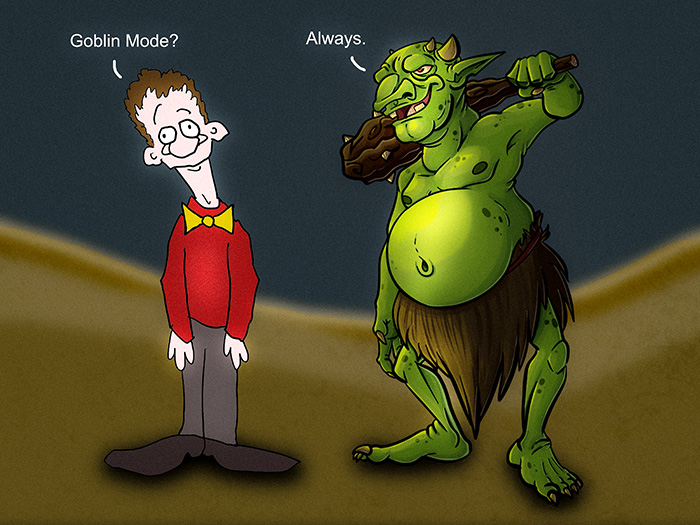Words. We need them. We use them.
And they shape our lives at every turn.
Sometimes, we don’t know what they mean. Most people, in that case, will consult a dictionary.
If you’ve ever looked up the word “dictionary” in the dictionary, here is what you will find:
_______
dictionary | ˈdikSHəˌnerē |
noun (plural dictionaries)
a book or electronic resource that lists the words of a language (typically in alphabetical order) and gives their meaning, or gives the equivalent words in a different language, often also providing information about pronunciation, origin, and usage
_______
The words of a language.
So how do they come up with the words for their books?
Just how does a word get into the dictionary?
The people at the dictionary places say this is one of the most misunderstood things about dictionaries. It goes like this. A word doesn’t become a “real word” when it’s added to the dictionary. It happens the other way around. First, the word has to be “real.” And then it gets added to the dictionaries.
The criteria for the dictionary folks go much like this across the board.
1. It must be a word that’s used by a lot of people.
2. The word is used by people in largely the same way.
3. It’s likely to be long-lasting, a word that will stick around.
Most of the time, the editors do the adding. But, for the first time in history, Oxford Dictionaries allowed the public to vote on its 2022 word of the year.
They announced their winner back in December of 2022.
And, drum roll, please.
The winner was “goblin mode.”
Personally, I was not familiar with the word. I think many of our new words start out as the slang of the youthful, and because so many people have agreed on the meaning of their new word, it finds its way into the dictionary.
Like “phat.” It is in there.
“YOLO.” Yep, it’s there too.
How about “Fuhgeddaboudit?” Check the Fs.
Truthfully, all of this makes me want to “vom.” Sure enough. Another listing.
Back to Goblin Mode.
It is defined as “a type of behavior which is unapologetically self-indulgent, lazy, slovenly or greedy, typically in a way that rejects social norms or expectations.” That comes from the Oxford Dictionary people.
They also reported that “Goblin mode” won with a landslide of votes. The next two contenders were “metaverse” and “#IStandWith.” Now. Call me old-fashioned, but I draw the line when it comes to putting hashtags in the dictionary. #NoHashtagsInDictionary
More on their selection, to quote. The word of the year represents a “word or expression reflecting the ethos, mood or preoccupations of the past 12 months, one that has potential as a term of lasting cultural significance.”
In years past, the word of the year has been selected by the Oxford Languages team and lexicographers. Last year’s winner was “vax.”
But. Isn’t it telling of 2022 that Goblin Mode should be the word of the year? Self-indulgent. Lazy. Slovenly. It seems to be the case in a good portion of the United States.
On the other hand, some of us still believe in an honest day’s work. Those people who still place a high level of importance on accountability, responsibility, integrity, and honor.
Maybe we could start calling this Good Mode. And get that new word in the dictionary.
=====
“Inspiration is a guest that does not willingly visit the lazy.”
― Tchaikovsky
=====
“Earth provides enough to satisfy every man’s needs, but not every man’s greed.”
― Mahatma Gandhi
=====
“Opportunities are usually disguised as hard work, so most people don’t recognize them.”
— Ann Landers
=====
It gets in the dictionary, like it or not.
